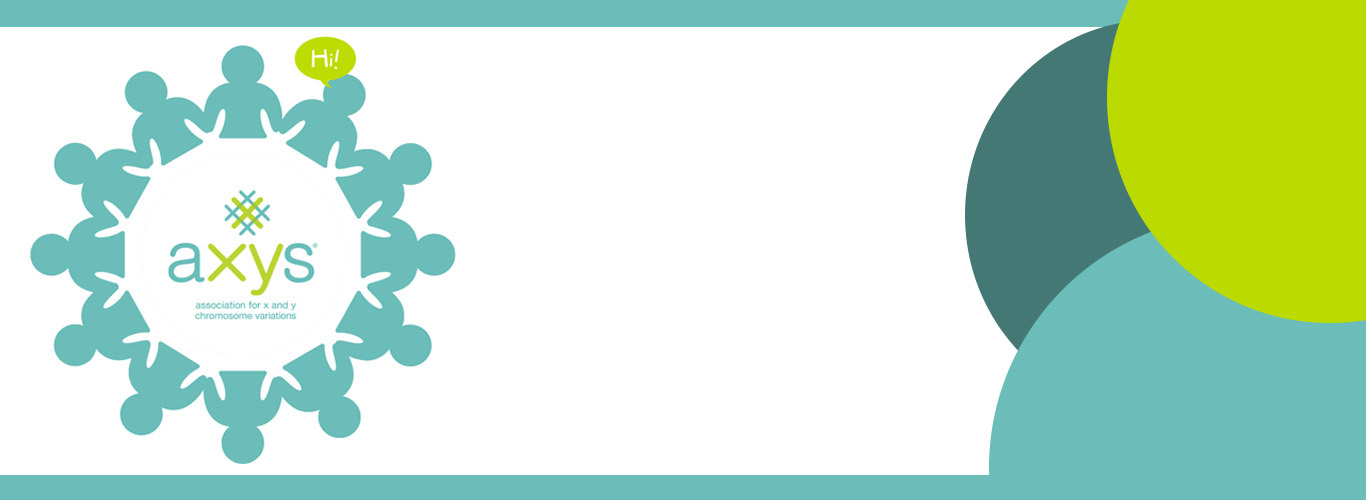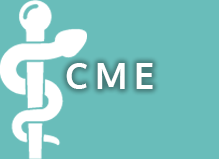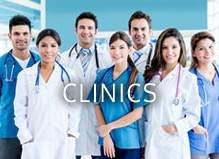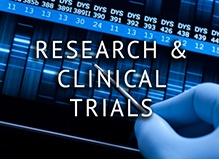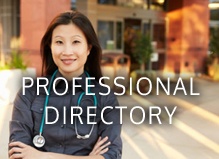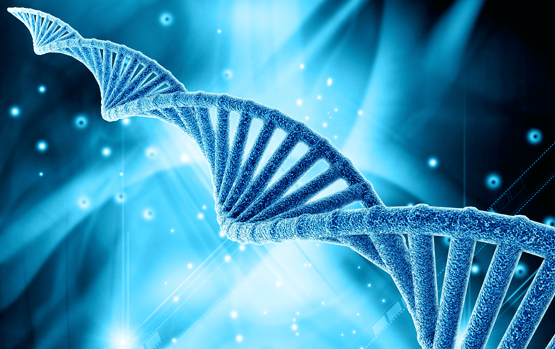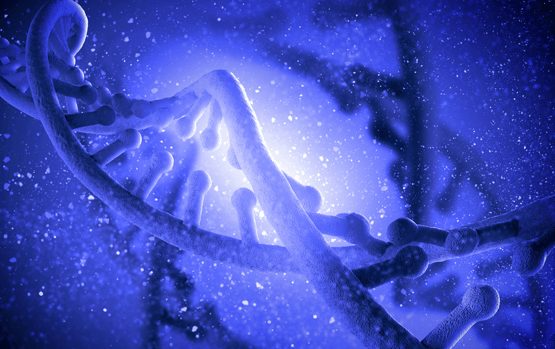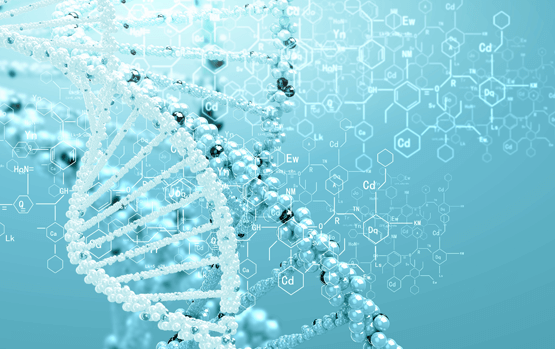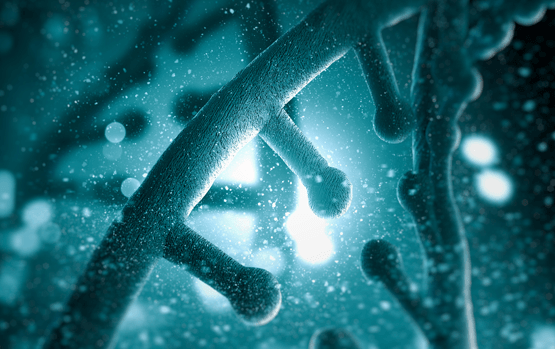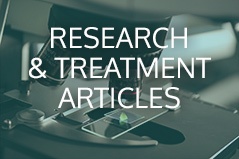Welcome to AXYS. We’re happy you are here.
AXYS, the Association for X and Y Chromosome Variations, is an advocacy, education and support organization for individuals with X and Y chromosome variations and their families. This includes those with Klinefelter syndrome (47,XXY), Trisomy X (47,XXX), 47,XYY, 48,XXYY, 48,XXXY and related genetic conditions.
The mission of AXYS is to help individuals with one or more extra X and/or Y chromosomes and their families to lead fuller, more productive lives.
AXYS fulfills this mission through:
-
Support geared to the needs of individuals, their families, and the professionals who serve them
-
Education that provides current, scientifically accurate information to our constituents and to the public
-
Promoting research that advances knowledge of the field
-
Improving treatment options and access for those affected by the conditions
Welcome to AXYS. We’re happy you are here.
AXYS, the Association for X and Y Chromosome Variations, is an advocacy, education and support organization for individuals with X and Y chromosome variations and their families. This includes those with Klinefelter syndrome (47,XXY), Trisomy X (47,XXX), 47,XYY, 48,XXYY, 48,XXXY and related genetic conditions.
The mission of AXYS is to help individuals with one or more extra X and/or Y chromosomes and their families to lead fuller, more productive lives.
AXYS fulfills this mission through:
-
Support geared to the needs of individuals, their families, and the professionals who serve them
-
Education that provides current, scientifically accurate information to our constituents and to the public
-
Promoting research that advances knowledge of the field
-
Improving treatment options and access for those affected by the conditions


